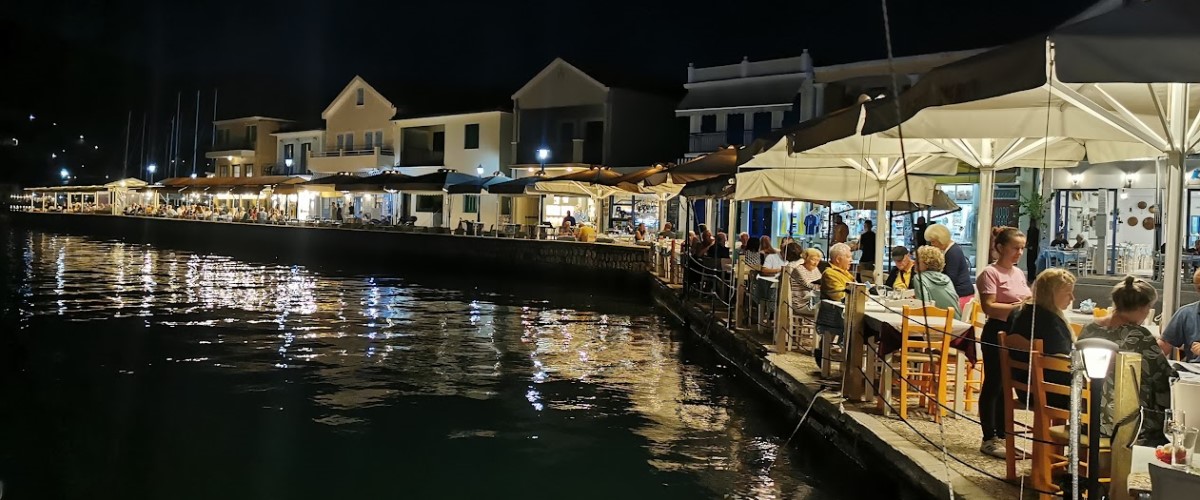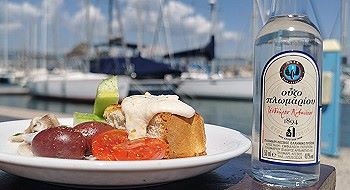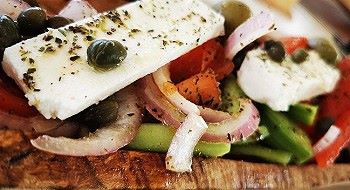
Behind every journey in Greece lies a tapestry woven through millennia — in the language, the food, the way people live by the sea.
These notes offer glimpses into that deeper world, helping you experience not just a sailing trip, but a small piece of Greece's timeless spirit.






Greek cuisine is simple, fresh, and seasonal — and it shows.
• Vegetables are at the heart of most meals. You’ll see dishes like gemista (stuffed tomatoes & peppers), briam (oven-baked vegetables with olive oil), and horta (boiled wild greens with lemon).
• Aromatic herbs like oregano, thyme, rosemary, and sage grow wild on the hillsides — and end up in nearly every dish.
• Feta cheese is everywhere — in salads, pies, grilled, or crumbled over everything.
And don’t leave Greece without trying real Greek yogurt, thick and creamy, often paired with honey or fruit.
• Seafood lovers will be happy: grilled octopus, fried anchovies, steamed mussels, and shrimp saganaki are all common, fresh, and affordable.
• Need a quick bite? A gyros or souvlaki wrap costs about €3–4 — a fast, satisfying street food option.
In Greek tavernas, meals are meant to be shared.
Order a few plates for the table, pour some wine, and enjoy the slow rhythm of a meal that’s more than just eating.






